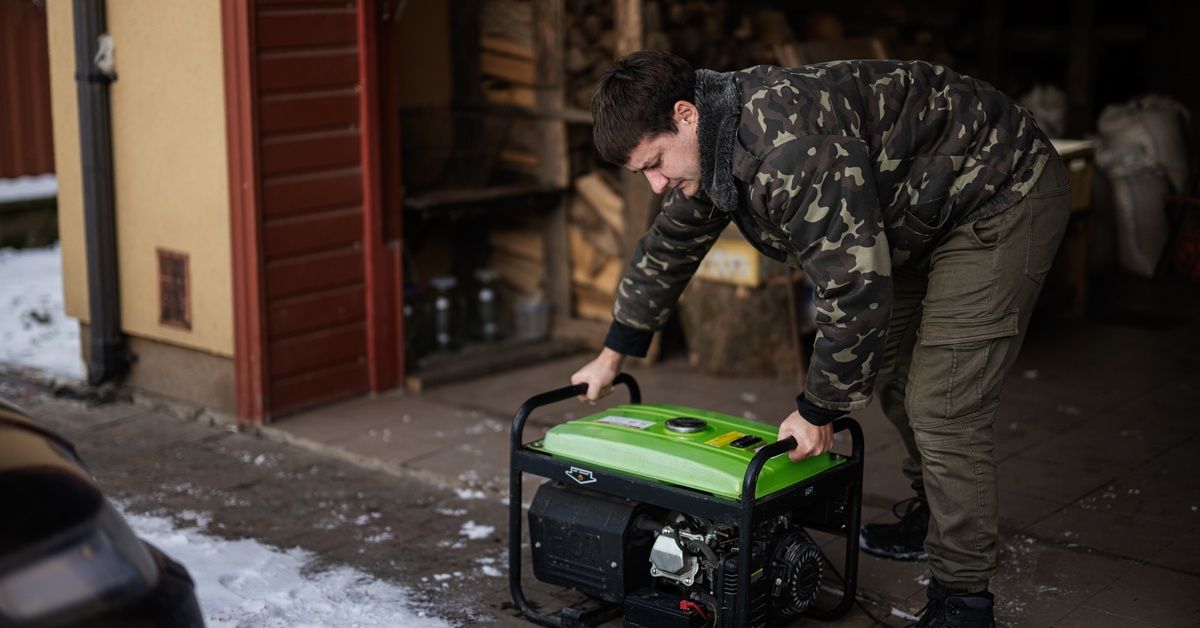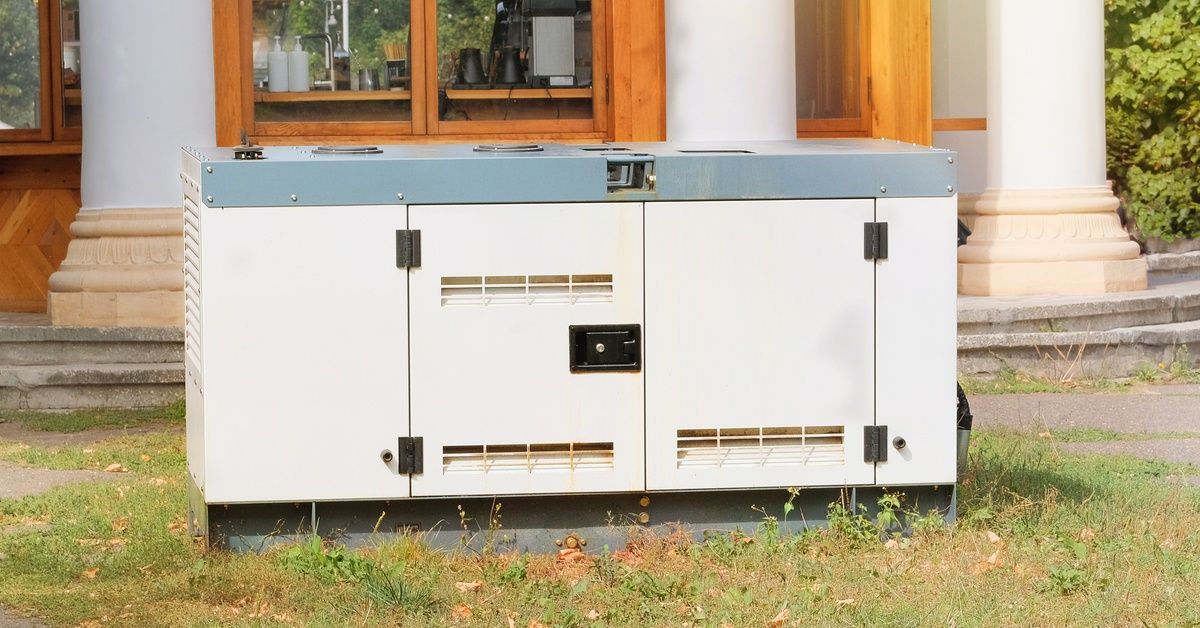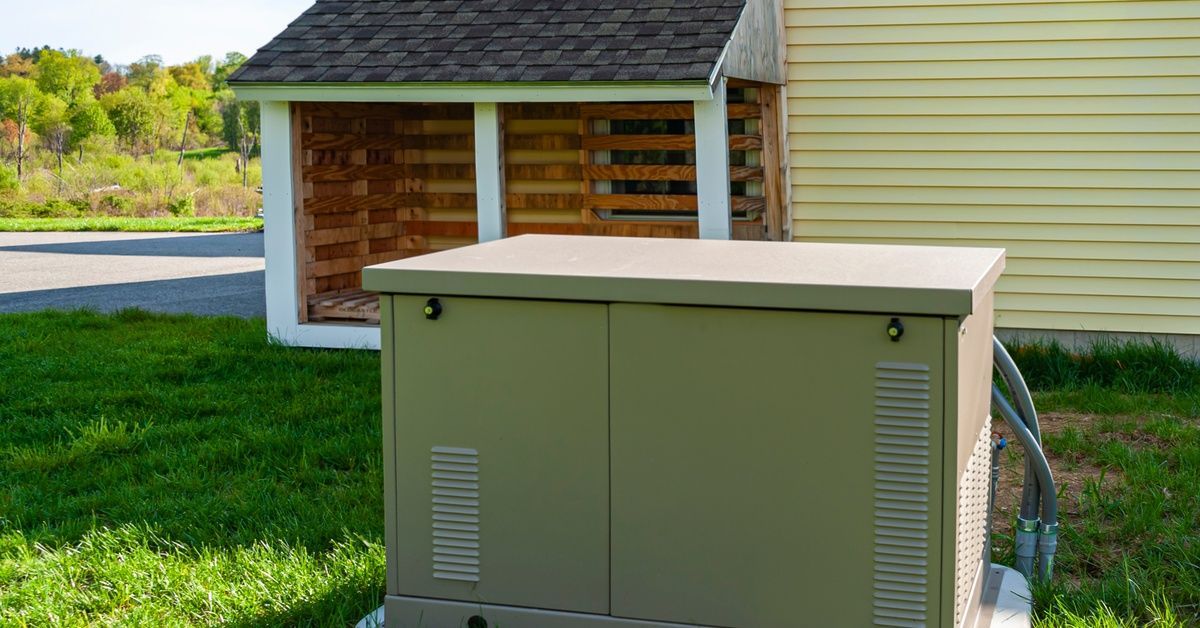Troubleshooting: 5 Reasons Your Generator Won’t Kick On
Generators are necessary backup power sources for emergencies and outages. This is why it’s particularly troubling if you discover your generator won’t start when you need it the most. Gain insight into five reasons your generator won’t kick on so you can troubleshoot the issue. It’s your first step to fixing a malfunctioning generator.
Dead or Weak Battery
A dead or weak battery is one of the most frequent reasons a generator doesn’t start. Like any equipment, generators power the electric starter with a functional battery. Batteries can lose their charge, especially if the generator hasn’t been used for a while or maintained regularly.
Corrosion on the battery terminals or a faulty connection can also lead to starting issues. Checking the battery for power and cleaning the terminals can often resolve this problem.
Fuel Issues
Fuel-related problems are another common culprit. If the generator has been sitting for a long time, the gas might have gone stale, leading to a blockage or poor combustion. Low fuel levels or a clogged line can also prevent the generator from starting. Ensuring the tank has fresh, clean fuel and checking for blockages in the fuel line will eliminate these issues.
Clogged Air Filter
A generator requires clean airflow to operate efficiently. A clogged air filter can restrict air intake, making it nearly impossible for the engine to ignite or run smoothly. Dust, debris, or prolonged use without maintenance can cause the filter to become blocked. Replacing or cleaning the air filter restores proper functioning and extends your generator’s lifespan.
Faulty Spark Plug
The spark plug is a critical component in the ignition process. Over time, spark plugs can wear out, accumulate carbon deposits, or experience electrode damage, which prevents them from generating the spark required to start the engine. Removing the spark plug to inspect it and replacing it if needed guarantees your generator fires up as expected.
Low Oil Levels or Sensor Issues
Modern generators often come with sensors designed to protect the engine. If the oil level is too low, these sensors can prevent the generator from starting to avoid engine damage.
Additionally, faulty sensors can mistakenly send signals that keep the generator off. Checking and refilling the oil and inspecting the sensors for proper function can resolve this issue.
Maintenance Before Issues Arise
Keeping your generator in top shape demands regular maintenance and prompt attention to these common problems so you won’t require emergency generator services in the future. By troubleshooting these five reasons your generator won’t kick on , you can ensure reliable power whenever you need it most. For all your maintenance needs, including general upkeep and emergency services, contact NW Generator Pros today!






